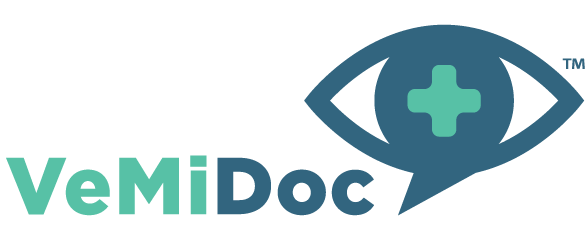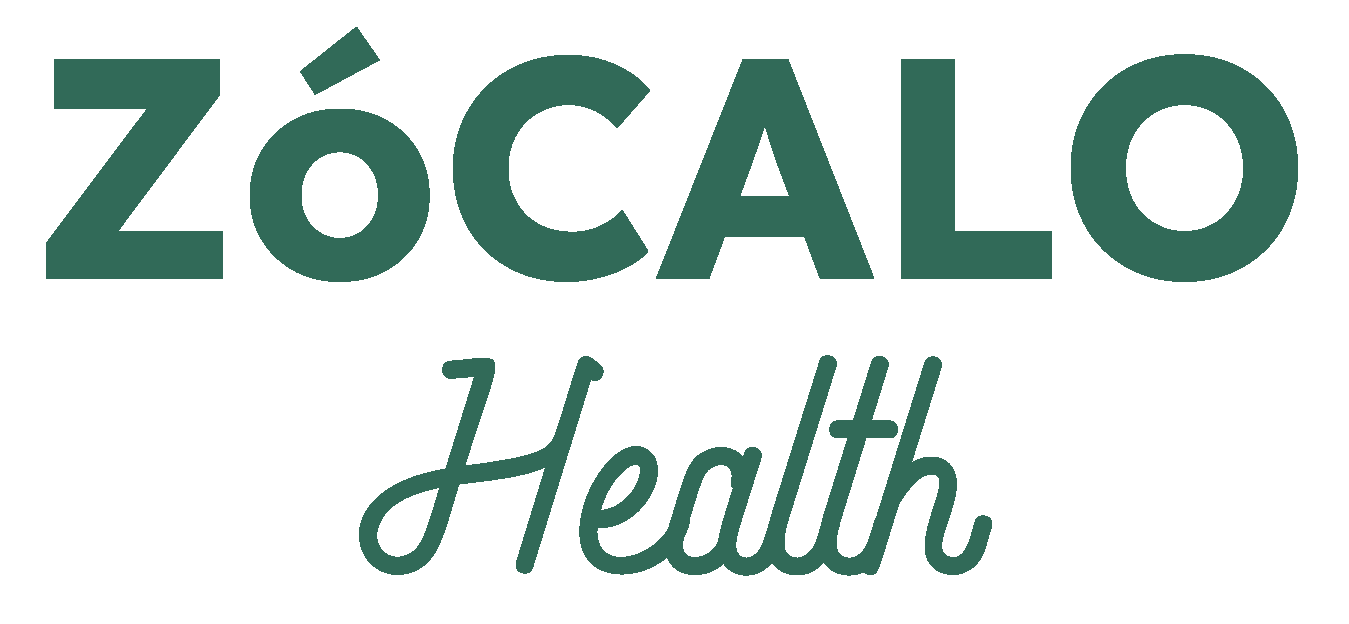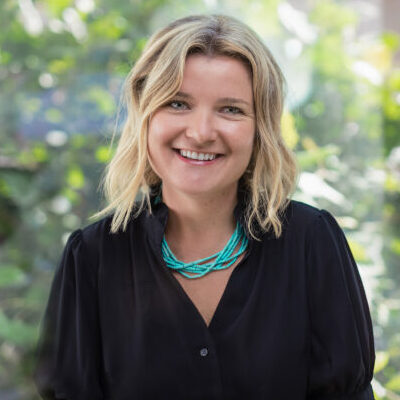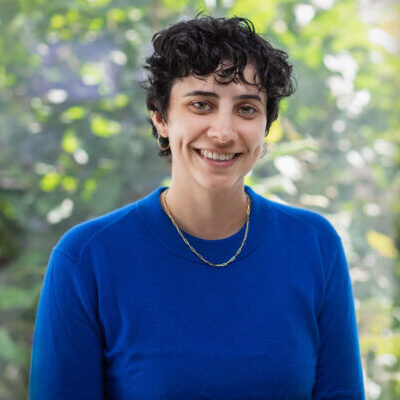Building for impact: Innovation opportunities for Latine Americans
Thank you to the California Health Care Foundation Innovation Fund and Colectivo Health for their support and collaboration on this work, with special gratitude to Vanessa Villaverde, Melissa Buckley, Janet Boachie, Carlos Rodarte, Ivelyse Andino, and Felix Manuel Chinea.
Latines are the fastest-growing ethnic group in the U.S., wielding over $3.2T in purchasing power. If counted as its own GDP, the U.S. Latine economy would rank as the fifth largest in the world—larger than that of the United Kingdom. Latine culture is hugely influential to the American social fabric, and Latines contribute significantly to the healthcare ecosystem as patients, clinicians, and consumers.
Despite these realities, Latines continue to be underserved by the U.S. healthcare system. Not only do they experience significant barriers to accessing care, but they also often report that the systems aren’t designed to support them in terms of language, identity, or culture. Centering Latine experiences and identities in the development of digital tools and programs can unlock massive opportunity in healthcare—but requires an intentional process of considering actual Latine experiences.
In RockHealth.org’s recent publication, “A Lens on Health Equity in Digital Health: Unlocking the Innovation Opportunity,” we explore three opportunity areas for more equitable digital health: facilitating adoption and trust, promoting responsible design, and scaling innovation. We identified four communities that have increasingly adopted digital health, but have often found that available options aren’t quite meeting their needs. We then applied the lens of these opportunity areas to the needs of each individual community—one of which is Latines.
In 2023, RockHealth.org partnered with the California Health Care Foundation Innovation Fund and Colectivo Health to explore the role that digital health innovation can play to reach and improve health outcomes for Latine communities across the U.S. Through our collaborative work, we developed the following action steps that innovators can take to design and scale digital health solutions for Latine communities.
“Designing for a particular community can have broad effects for everyone else that uses the solution as well.”
– Félix Manuel Chinea; Director of Health Equity & Inclusion Strategy, Doximity
Digital health adoption snapshot
According to Rock Health’s 2023 Digital Health Consumer Adoption Survey, of Latine respondents:1
- 80% have received virtual care at some point
- 58% own or have owned a wearable device
- 77% have searched for healthcare information online
- 72% have searched for a care provider online
Taking action
Recognize diversity within the Latine community. “Latines” are often referred to as one population, but the term encompasses people from over 29 countries and territories in North America, Central America, South America, and the Caribbean. Nationality also intersects with factors like language (e.g., Spanish, Quechua, Portuguese) and race, with many Latines identifying as multi-racial. While immediately-available Spanish translation can mitigate patient-provider language barriers, individuals look for care experiences that go steps further—thoughtfully considering individual and cultural nuances, even within the Latine community.

Sanarai provides virtual mental health support to individuals and couples seeking Spanish-speaking clinicians. Users can view therapists by country of origin to select a provider that best aligns with their preferences and needs.
Invest in opportunities to support the Latine workforce. Latines make up 19% of today’s U.S. workforce and are projected to account for an astounding 78% of net new workers between 2020-2023. However, most employee healthcare solutions aren’t designed for Latine employees, especially those who prefer to receive their healthcare in Spanish or would like to be seen by a culturally competent care provider. There’s an opportunity for employers to attract or retain employees and for startups to differentiate in-market by addressing Latine preferences.

Design for mobile experiences. Latines adopt digital health at high rates, with 80% reporting prior use of virtual care. Specifically, Latine adults are mobile-driven consumers, with some individuals relying on mobile devices for all digital experiences, healthcare or otherwise. Approximately one in four Latines report using a smartphone as their sole method of connecting to the internet. Mobile-first user design should be top-of-mind when developing digital products, and designers can lean into preferred channels like WhatsApp, which is central to many Latine communities and relationships.

VeMiDoc connects patients with bilingual physicians via a mobile app to support preventative care engagement. The recently-launched VeMiDoc mobile app provides appointment scheduling and virtual care options designed to serve the Latine population in El Paso, Texas.
Support family-focused approaches to health. Familismo refers to dedication to and close relationships with biological or chosen family, and is an important cultural value in many Latine communities. In healthcare contexts, familismo draws attention to the importance of recognizing caregiver relationships, acknowledging intergenerational living, or accounting for families that share medical decision-making. Designing with familismo in mind means accounting for the full breadth of potential stakeholders that could be included in a patient’s care journey; responsibly offering group medical visits can validate the importance of familismo in patient lives.

Zócalo Health offers comprehensive virtual care designed for Latine individuals and families. Zócalo’s family membership offers 20 doctor visits per year for an entire household, including primary care visits, wellness checkups, and access to a team of bilingual care providers.
Understand personal contexts and preferences for discussing health. Personal, familial, and cultural traditions make some Latine patients more comfortable communicating about their health, symptoms, and needs using spiritual, emotional, or otherwise holistic terms—instead of medical language. It’s important to build care teams with patient advocates, care navigators, and doulas that understand relevant cultural contexts of illness and can be trusted supports for patients.

Patient Orator is a patient-focused digital diary app that empowers patients to share health experiences in their own words via text and voice-based note taking. The app also offers medication reminders and educational content.
Innovators in digital health are seeing the unmet healthcare needs of the Latine community as white space opportunities. Tailoring health solutions to meet the needs and preferences of Latine individuals means thoughtfully involving Latine-identifying individuals in decision-making and development processes to shape product and feature design. Prioritizing trust can unlock initial buy-in from and ongoing retention of Latine consumers—the fastest growing demographic in the United States. Solving for their unique access challenges would have profound impacts on the larger costs and consequences associated with healthcare inequity: a powerful reminder that solutions focused on responsibly and adequately meeting Latine health needs advance our ability to care for all.
“My dad’s immigration story was made possible because he was an engineer and he taught me to imagine tech as an equalizer that can close gaps in access, but tech alone can’t do it. Personalization and design for solutions in our community need to come from those with lived experiences within our community”
– Vanessa Villaverde; Senior Program Officer, California Healthcare Foundation Innovation Fund
For more on this topic, RockHealth.org recently convened Vanessa Villaverde (California Health Care Foundation), Félix Manuel Chinea (Doximity), Lili Gangas (LTX Connect), and Roberto Rodriguez (Sequential Ventures) to discuss their lived experiences and the unique challenges Latines face accessing the right care at the right time, as well as the opportunities for the digital health ecosystem to bridge the gap of these unmet needs. Check out their insights here, and expect to hear more thought-provoking conversations like this at Rock Health Summit on September 10.
Footnotes
- Analytical cohort selected based on “Yes” response to Survey question, “Do you identify as Hispanic or Latino/a/x?”




